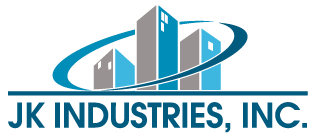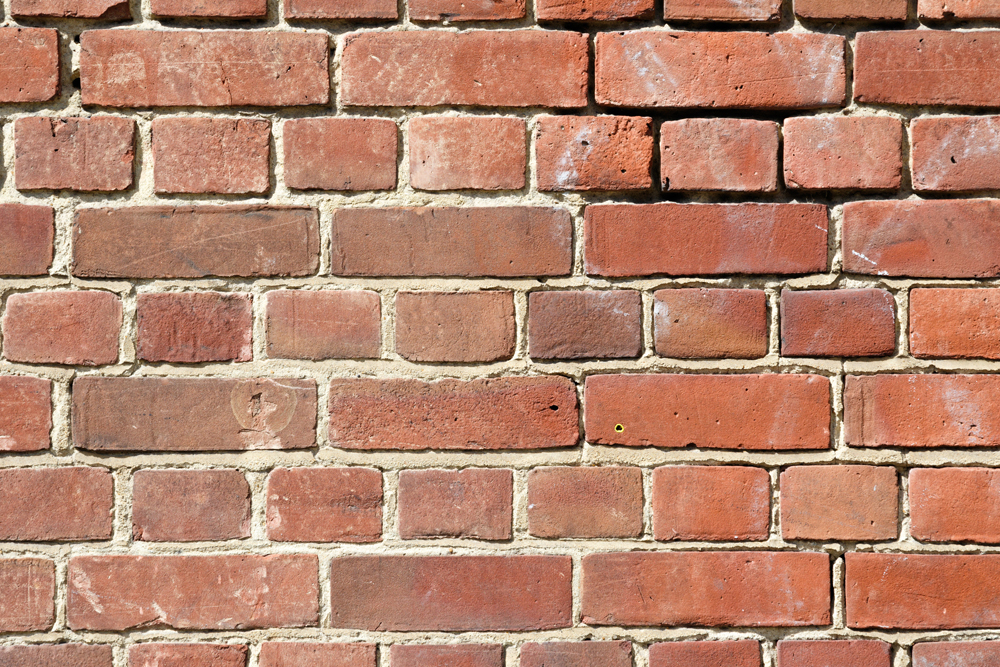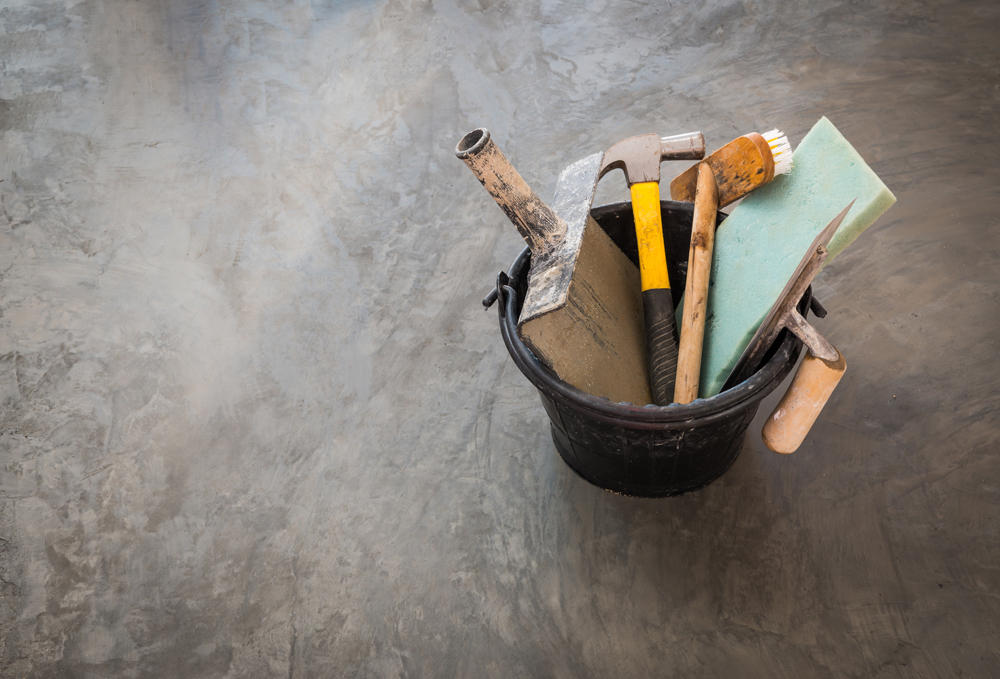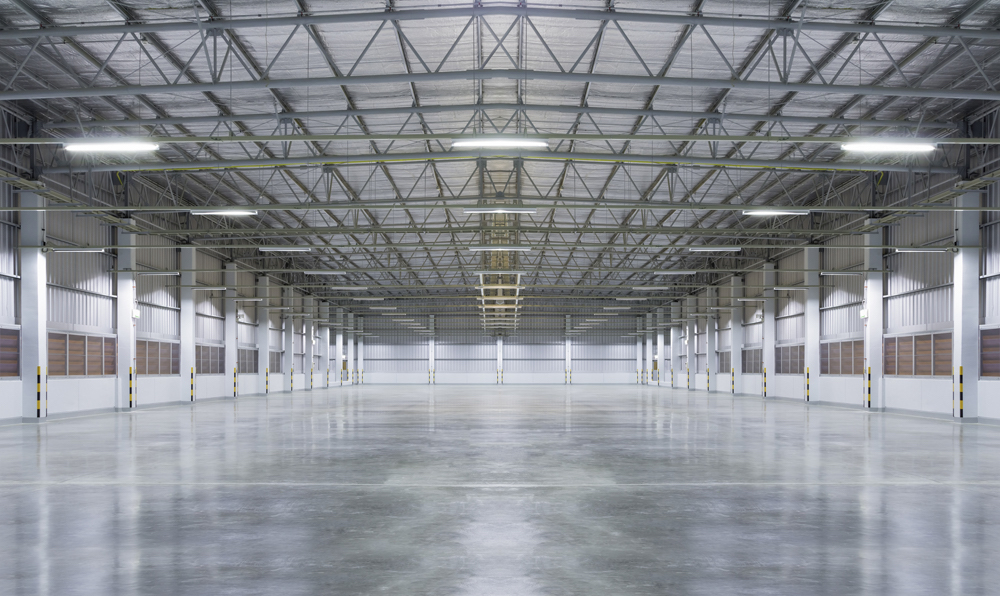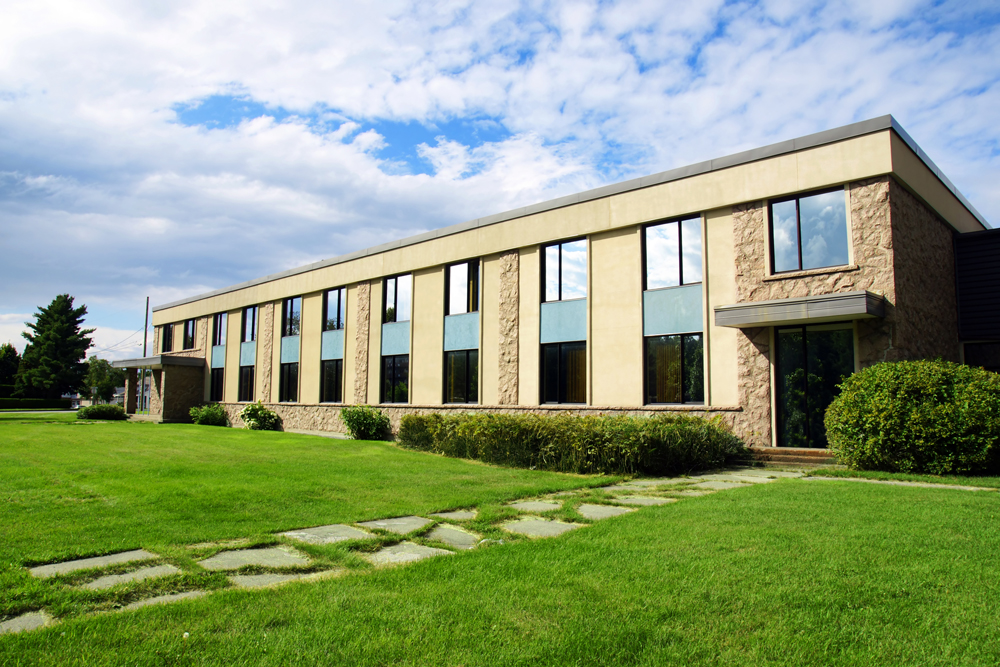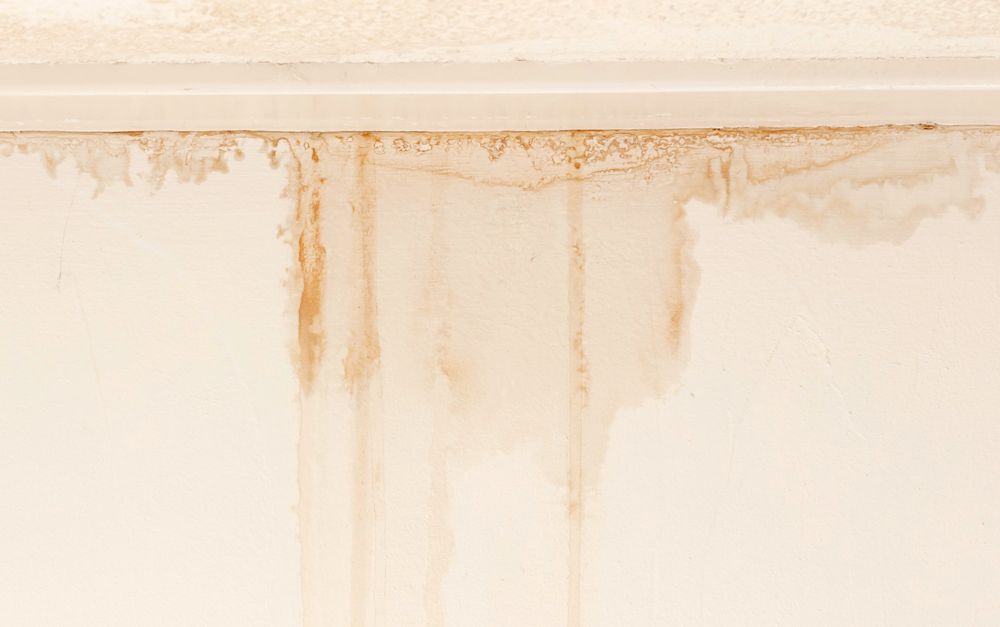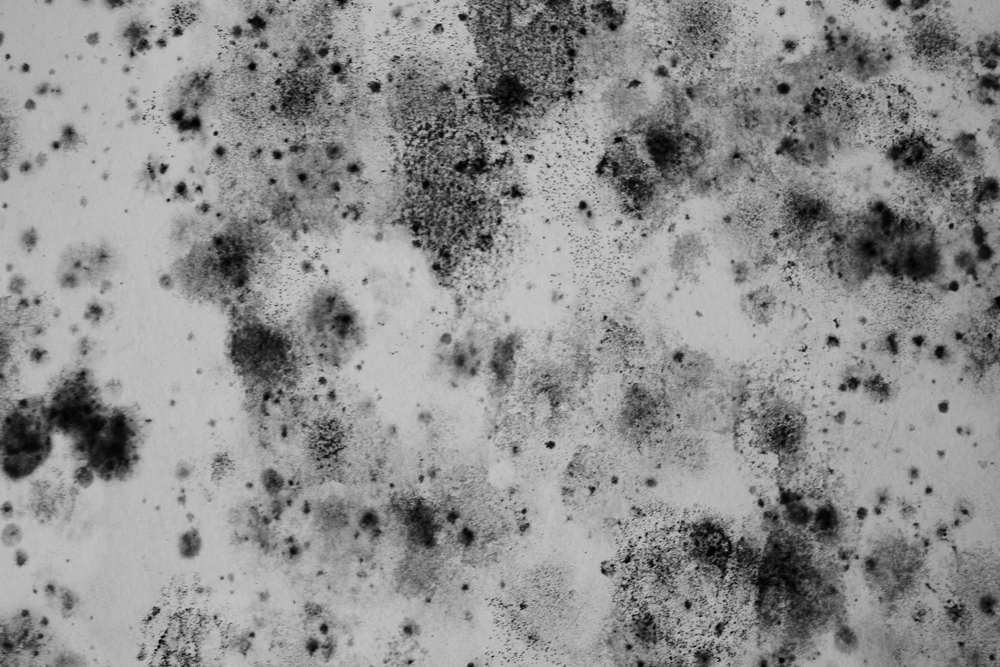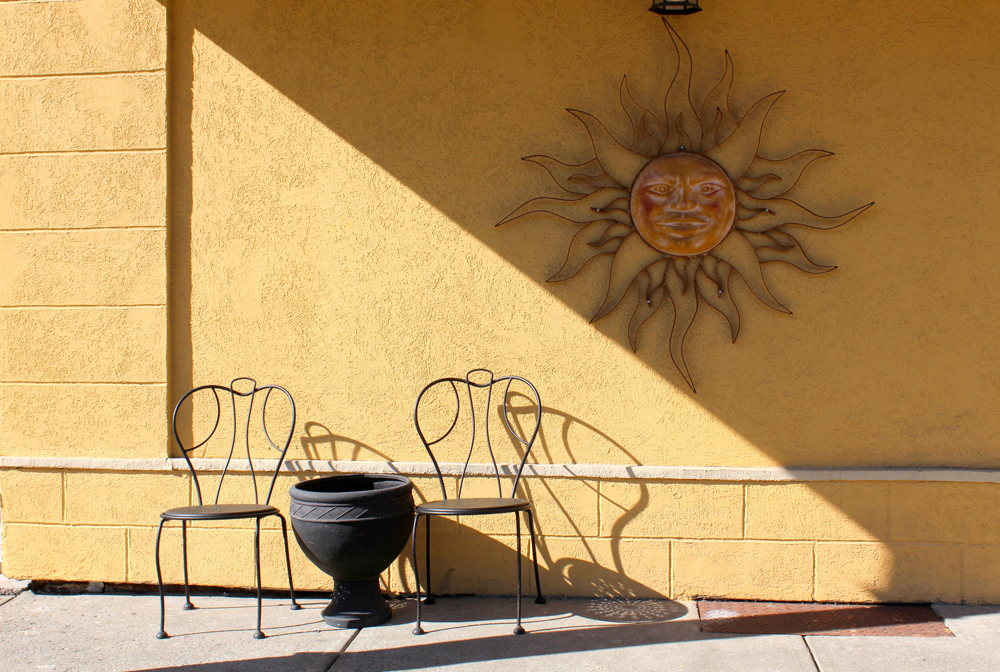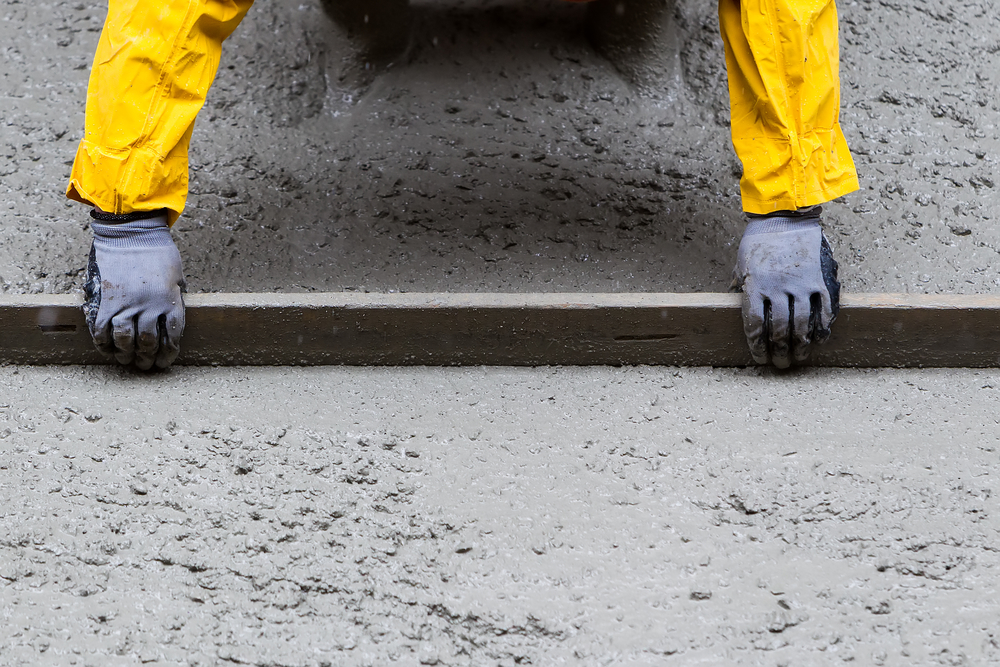When is tuckpointing necessary?
Over time, mortar joints in a brick building can deteriorate and allow water to seep into your building. If left unchecked, water infiltration can cause significant damage over time.
Read MoreThe tools of masonry restoration
Masonry restoration is a pretty broad category that includes cleaning, sealing, repairing mortar, and even tearing down and rebuilding sections of masonry. Basically, masonry restoration is any work on a building that’s already standing, as opposed to masonry work to actually build that building.
Read MoreFour steps to resurfacing concrete
Concrete is the most widely used construction material in the world, but it’s still a porous material that can be damaged by moisture, deterioration, chemicals, and weather.
Read MoreLimestone cleaning and sealing
Limestone is a beautiful and iconic stone that’s popular for buildings, walkways, stairs, patios, and pool and deck landings. It’s certainly a stone that can stand the test of time, but it also can stain, discolor, or be damaged due to dirt, grime, moisture, and deterioration.
Read MoreFour ways water infiltration causes damage
Water can infiltrate a building in any number of ways—through a leaky roof, improperly sealed windows, cracks in the walls, or leaks from pipes inside the building. Anyone who has ever experienced a water infiltration issue knows how quickly water can cause major problems.
Read MoreCan mold grow on concrete?
At some point in life, we’ve probably all experienced mold growing on food and maybe wood or other materials that have started to mold. But can mold grow on a hard surface like concrete?
Read MoreAre stucco and EIFS the same?
A critical piece of knowing how to restore a building’s exterior is being able to identify exactly what type of materials were used. While stucco and EIFS exteriors look extremely similar, they are dramatically different materials.
Read MoreThe effects of hot weather on concrete
Hot summer temperatures during concrete installation can have an impact on both strength and lifespan. Since temperatures above 90 degrees Fahrenheit begin to have an impact on concrete, it’s difficult to avoid pouring concrete in such heat. Here’s how heat affects concrete and how to work around it.
Read MoreCan parking garages be LEED certified?
Leadership in Energy and Environmental Design (LEED) certification is the most widely used green building rating system in the world. It focuses on sustainability by encouraging companies to design highly efficient buildings.
Read More